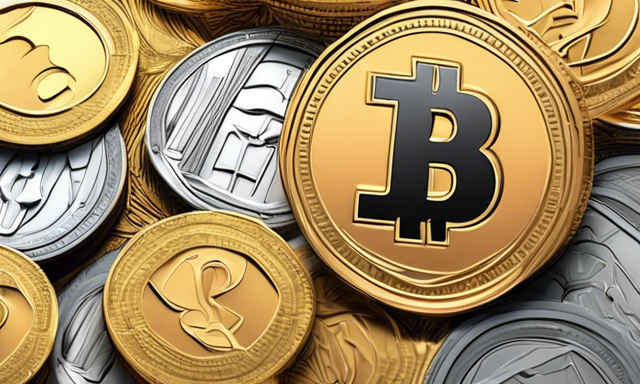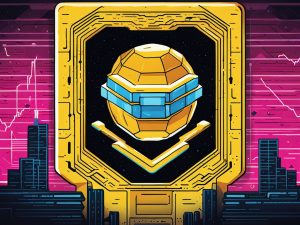Rug Pulls: Do Crypto Degens Even Care About Being Scammed?
It’s a common occurrence for someone to fall victim to a rug pull while investing in a meme coin in the world of crypto. However, the question arises: Do crypto degens actually care if they get scammed? Surprisingly, many investors seem to laugh off the experience and move on to the next risky investment. But why is that so? Let’s explore the psychology behind how victims of rug pulls deal with the aftermath.
When an investor realizes they’ve been scammed, they need to find a way to cope with the situation and rationalize their loss. Some victims tend to reframe the incident positively, while others completely reject the reality of their prior beliefs. It all boils down to the individual’s psychological response to the trauma of being scammed.
Join us as we delve into the world of crypto scams and learn more about how victims cope with being rug pulled. We will explore the various coping mechanisms employed by investors and discuss the phenomenon of truth bias that often leads to falling for scams.
How Victims Cope with Rug Pulls
- Some victims reframe the incident in a positive light to cope with the trauma.
- Others completely reject the reality of their prior beliefs.
- Laughing off the experience is a common coping mechanism observed in victims of rug pulls.
It’s All About Psychology: Understanding Truth Bias
- Truth bias is the default inclination to believe that information presented is true.
- It’s not stupidity but a cognitive bias that helps individuals function in social settings.
The Role of Financial Nihilism in Crypto Scams
- Financial nihilism is explored as a root cause of why some investors fall for scams.
- Psychological experts analyze how the lack of expertise and knowledge in crypto can make individuals vulnerable to scams.
The Allure of Meme Coins and Rug Pulls
Despite the red flags and warnings, investors continue to fall for scams related to meme coins. The world of Pump.fun is filled with tokens that openly admit they are rug pulls, yet people still invest in the hopes of hitting the jackpot. This risky behavior is often driven by a desire to time the market and speculate on the next big trend, even if it means playing a dangerous game.
The Psychology Behind Meme Coin Investments
- Investors often see meme coins as a form of gambling and speculation rather than a sound investment.
- They take calculated risks, knowing the volatile nature of meme coins and the possibility of rug pulls.
Victims Sharing Their Losses on Social Media
- After experiencing a rug pull, victims often turn to social media platforms like Twitter to share their losses.
- By sharing their experience, victims seek comfort in knowing they are not alone in falling for a scam.
Hot Take: Understanding the Mindset of Crypto Investors
While falling for a rug pull can be a painful experience, many crypto degens find ways to cope with the trauma and move on. Whether through positive reframing or sharing their losses with others, victims of scams navigate the complex world of crypto investments with resilience and determination.





 By
By
 By
By


 By
By